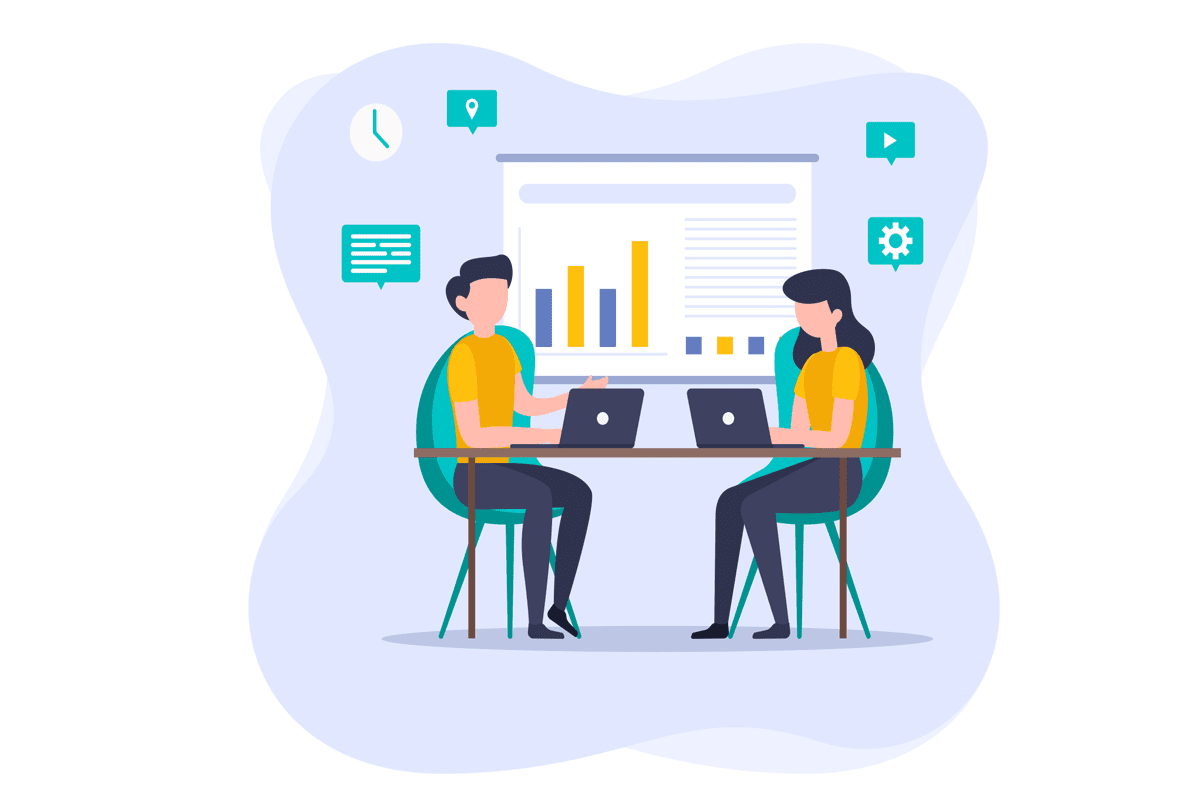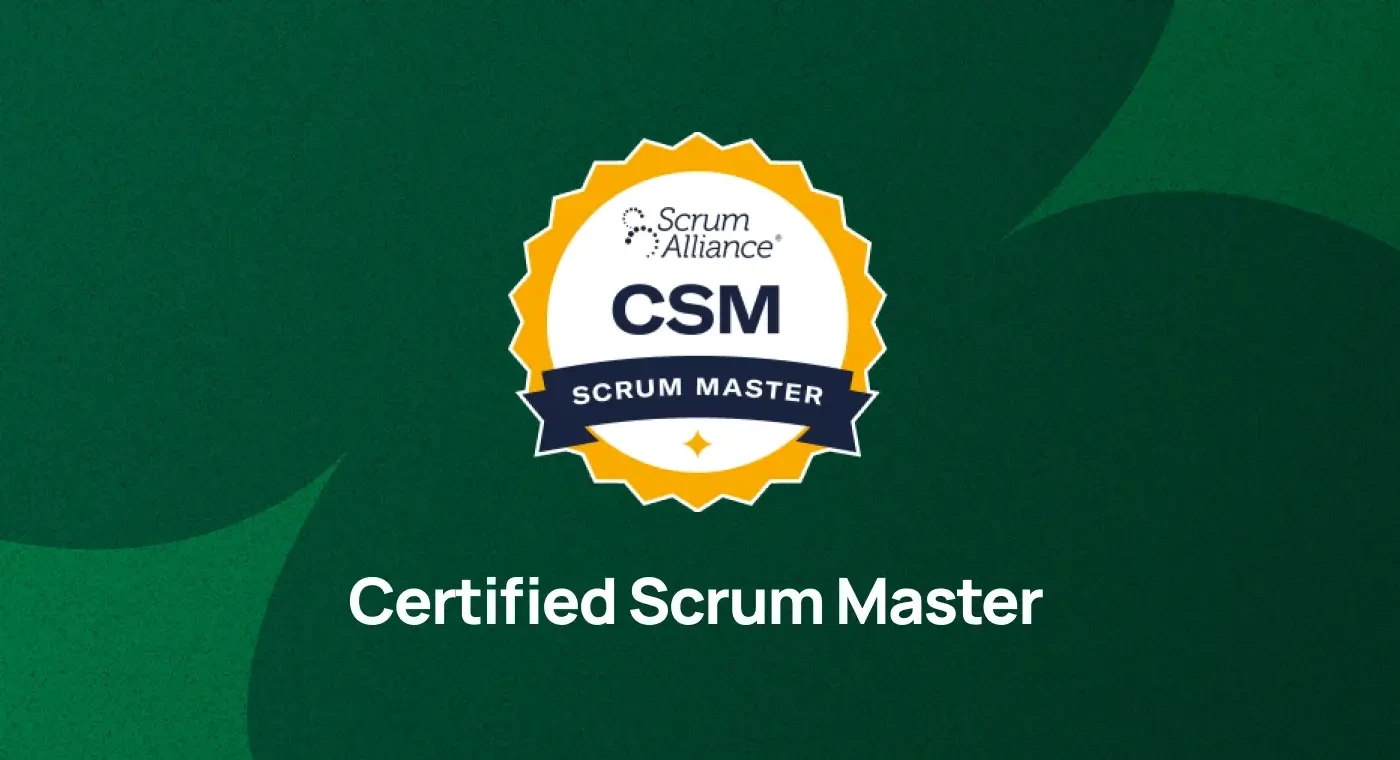Currently Empty: ₹0.00
Curriculum
- 10 Sections
- 20 Lessons
- 16 Hours
Expand all sectionsCollapse all sections
- Module 1: Foundations of Leadership2
- 1.1Lesson 1: Understanding Leadership and Influence Differentiating leadership from management Types of leadership styles (transformational, transactional, servant leadership, etc.) Identifying personal leadership strengths and areas for growth
- 1.2Lesson 2: Leadership Values and Ethics Defining core values as a leader The role of integrity, accountability, and ethical behavior Aligning team goals with organizational values Activity: Leadership Style Assessment Participants take an assessment to identify their dominant leadership style. Purpose: Increase self-awareness and understanding of how individual style impacts team dynamics.
- Module 2: Emotional Intelligence in Leadership2
- 2.1Lesson 1: Developing Self-Awareness and Self-Management Recognizing and managing personal emotions under stress Strategies for maintaining composure and objectivity
- 2.2Lesson 2: Empathy and Social Awareness Understanding the role of empathy in leadership Building genuine relationships with team members Activity: Reflective Journaling Participants document daily leadership experiences and emotions. Purpose: Encourage self-reflection and emotional insight for continuous personal growth.
- Module 3: Effective Communication and Active Listening2
- 3.1Lesson 1: The Art of Clear and Assertive Communication Structuring communication for clarity and impact Techniques for assertive, respectful communication
- 3.2Lesson 2: Active Listening and Giving Feedback Developing skills for effective listening and constructive feedback Using feedback to promote growth and team engagement Activity: Role-Playing Feedback Scenarios Participants practice delivering and receiving feedback in various situations. Purpose: Improve confidence in delivering constructive feedback while building a positive team culture.
- Module 4: Decision-Making and Problem-Solving in Leadership2
- 4.1Lesson 1: Strategic Decision-Making Models Understanding decision-making frameworks (Pros/Cons, SWOT Analysis, etc.) Balancing intuition with data-driven decisions
- 4.2Lesson 2: Conflict Resolution and Negotiation Skills Identifying sources of conflict and managing disagreements Negotiation techniques for reaching collaborative solutions Activity: Case Study Analysis Participants analyze real-life business cases that require strategic decision-making. Purpose: Strengthen critical thinking and problem-solving in leadership contexts.
- Module 5: Motivating and Empowering Teams2
- 5.1Lesson 1: Motivation Techniques and Employee Engagement Exploring intrinsic and extrinsic motivators Techniques for fostering a motivated, high-performing team
- 5.2Lesson 2: Delegating Effectively and Empowering Others Identifying tasks for delegation and matching them with team strengths Encouraging autonomy and ownership within the team Activity: “Delegation Exercise” Participants select a task to delegate and draft a delegation plan. Purpose: Enhance understanding of delegation as a tool for team empowerment and productivity.
- Module 6: Adaptability and Innovation in Leadership2
- 6.1Lesson 1: Leading Through Change Understanding the psychology of change resistance Tools and techniques for leading teams through transitions
- 6.2Lesson 2: Encouraging Innovation and Creativity Building a culture of innovation and openness to new ideas Leading brainstorming sessions and encouraging team input Activity: “Future Vision Workshop” Participants work in teams to brainstorm future ideas for their organization. Purpose: Practice fostering a collaborative, forward-thinking culture within teams.
- Module 7: Building and Managing High-Performing Teams2
- 7.1Lesson 1: Understanding Team Dynamics and Roles Identifying individual strengths and building complementary teams Strategies for managing different personalities within a team
- 7.2Lesson 2: Setting Team Goals and Measuring Success SMART goal-setting and defining KPIs for team objectives Reviewing team performance and making adjustments as necessary Activity: Team Building Workshop Participants collaborate on a project-based activity with assigned roles. Purpose: Strengthen team coordination, leadership, and accountability.
- Module 8: Resilience and Stress Management2
- 8.1Lesson 1: Developing Personal and Team Resilience Identifying stressors and maintaining a positive mindset Techniques for promoting resilience and well-being
- 8.2Lesson 2: Time and Priority Management for Leaders Prioritization techniques (Eisenhower Matrix, ABCD method, etc.) Strategies for maintaining work-life balance as a leader Activity: Resilience Reflection and Planning Participants identify personal resilience strategies and create a resilience action plan. Purpose: Reinforce resilience as a key leadership quality.
- Module 9: Vision and Strategic Thinking2
- 9.1Lesson 1: Defining and Communicating Vision Techniques for developing a clear vision and mission Aligning vision with organizational goals and communicating it to the team
- 9.2Lesson 2: Strategic Planning for Long-Term Success Analyzing industry trends, forecasting, and risk management Developing and adjusting strategic plans as needed Activity: Vision Mapping Participants draft a vision map for their team or organization. Purpose: Build strategic thinking skills and a sense of direction.
- Module 10: Building a Legacy of Leadership2
- 10.1Lesson 1: Mentorship and Developing Future Leaders Techniques for mentorship and talent development Encouraging a culture of learning within the team
- 10.2Lesson 2: Reflecting on Personal Growth and Legacy Recognizing leadership achievements and contributions Strategies for leaving a lasting, positive impact Activity: “Leadership Legacy Exercise” Participants write down their leadership vision and the legacy they wish to leave. Purpose: Inspire leaders to think long-term and contribute to organizational growth meaningfully. Learning Outcomes: Gain self-awareness of personal leadership style and emotional intelligence. Build effective communication skills for team engagement and performance management. Develop decision-making, strategic thinking, and adaptability skills for navigating complex challenges. Understand how to motivate, empower, and build a resilient, high-performing team. Cultivate a vision and establish a lasting legacy as a leader. Each module focuses on both theory and practice, enabling participants to apply these skills in real-world situations. By the end of this training, leaders will be well-equipped to guide teams effectively, inspire continuous improvement, and drive organizational success.
Lesson 1: The Art of Clear and Assertive Communication Structuring communication for clarity and impact Techniques for assertive, respectful communication
Prev Lesson 1: Strategic Decision-Making Models Understanding decision-making frameworks (Pros/Cons, SWOT Analysis, etc.) Balancing intuition with data-driven decisions
Next 







